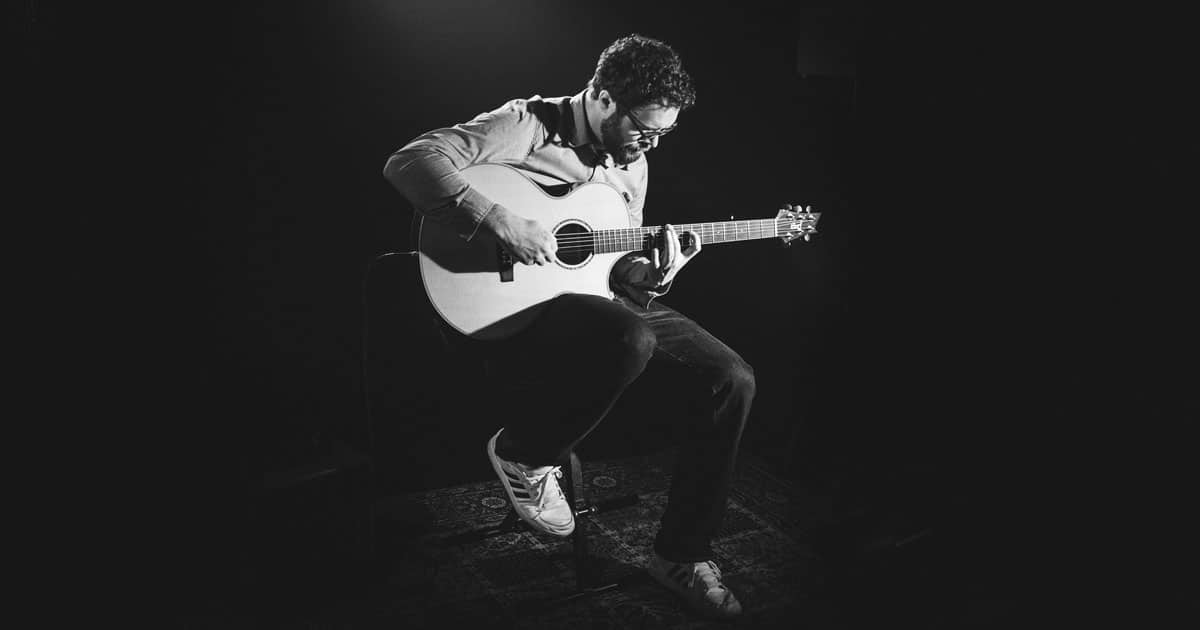Music is one of those universal things that is appreciated and loved by all. Music tastes may differ from person to person and even household to household, but at the end of the day, everyone enjoys music. Some though, have a passion for music that drives them. A real love for the art and craft and skill it takes to become a master musician. Often, these are the dedicated artists we find attending music programs and actually studying music. However, at the end of a music program, when you’ve graduated and have your diploma in hand, it can be a little daunting and overwhelming to figure out what exactly is next.
A music degree can open a variety of doors depending on your specific skills, interests, and passions, so the first few questions to ask are all going to be internal. What is it that you want to do with your music degree? Perform? Direct? Compose? Or perhaps something else entirely, like getting into music distribution.

The options are much more plentiful than one might think after earning a music degree, so take a look at the list of possibilities below and maybe they’ll spark an idea or two.
Music Production
Music production is just one step removed from performance if you really think about everything that’s involved. Consider people like Dr. Dre or DJ Khalid when thinking about music production. These are the musicians and artists behind the performers that we all love and adore so very much.
Without Dr. Dre, Eminem may never be what he is today. There is a lot of value and competition in the music production industry, but it can be a very rewarding and gratifying pursuit. There are also plenty of ways for young upstart producers to release their tracks for artists to sample and record over.
Getting into music production requires a bit of a technical mind that can see and understand the music theory behind the actual sounds. So if you’re good at math as well as music, and you have an ear particularly good at identifying layers, perhaps music production could be the route for you.
The Independent Artist
Plenty of artists start out as independent musicians who aren’t signed, aren’t represented, and essentially just hustle and hustle and hustle. Oftentimes, making it big and being discovered as an independent artist is an intersection of preparedness and opportunity. Taylor Swift is a wonderful example of someone who started their career relatively small and unknown and has now grown into an international superstar whose fame is beyond something she ever probably dreamed of as a child. While the independent artist route can be grueling, difficult, and extremely challenging, it’s the path that so many of our beloved artists have to take when starting out.
National Talent Competitions
National talent competitions can actually be life-changing for some people. American Idol may have been one of the first formulas for a truly national talent competition that featured singers and musicians, and it was wildly popular. Kelly Clarkson, who is now a worldwide pop star, influencer, and businesswoman was discovered on the show American Idol in their first season in 2002. Winning that show changed her life and set her on the path to where she is today.
American Idol is still running today, though it’s nowhere near as brutal as it used to be, and there are a variety of other similar talent competitions running now as well, most notably, The Voice which, of course, features Kelly Clarkson as one of the main hosts.
Performance
Many musicians go to school to study music in hopes of becoming a performer. This is sort of similar to the independent artist route, although when you study performance, it typically is associated with a more classical atmosphere.
In other words, if you’re studying music performance, your end goal may be placement in a symphony, or on a broadway orchestra. These positions are fiercely competitive, so only the best of the best are typically awarded a chair.
Getting Into Teaching
Finally, the majority of people who study music oftentimes end up getting into teaching as a career. There’s nothing wrong with that, and it can be extremely gratifying to shape the next generation of musicians.
Plus, there are a lot of different ways to approach teaching, from being hired into a formal program, to just teaching independently. Teaching can be a great pivot for professionals with a music degree and an uncertain sense of direction.
A few Last Words
Studying music and earning a music degree can be very rewarding and open a lot more doors than one might think. From performance to production to distribution, a music degree can help you turn your passion into a career.
